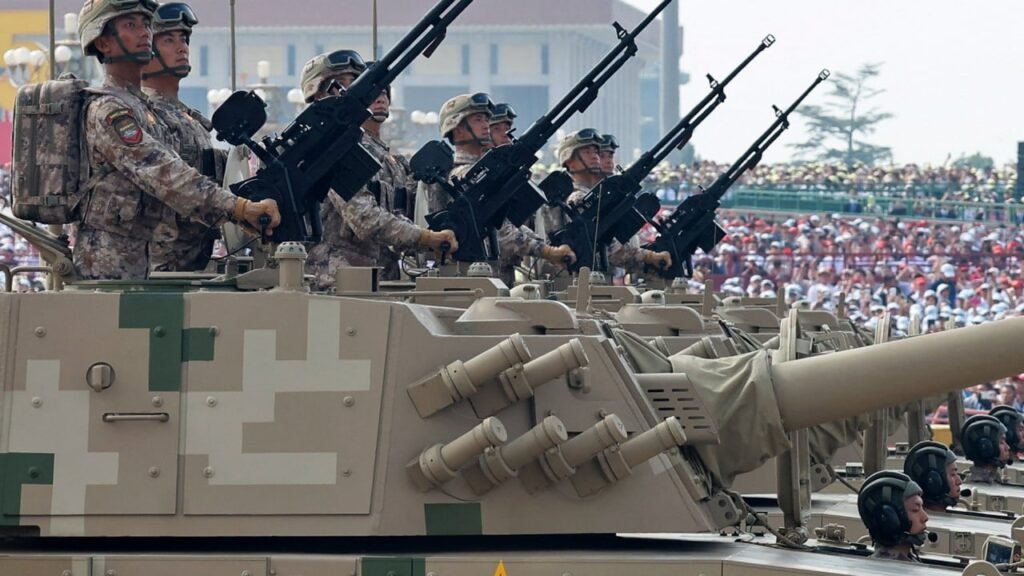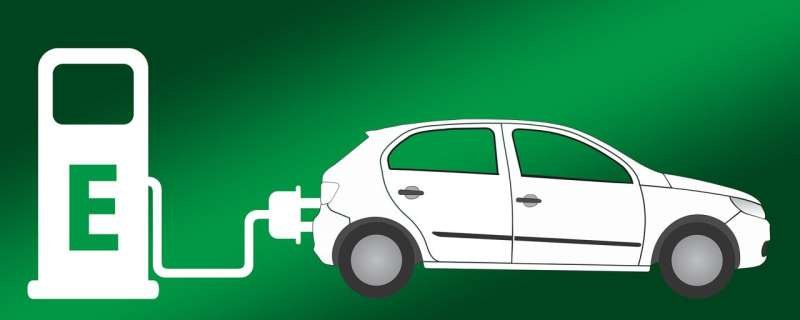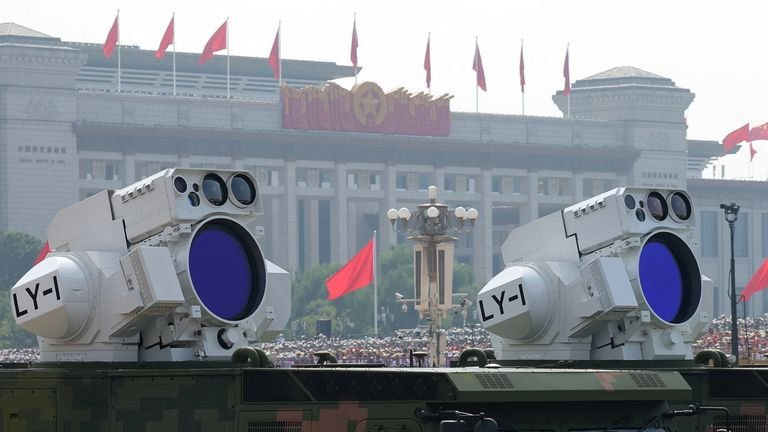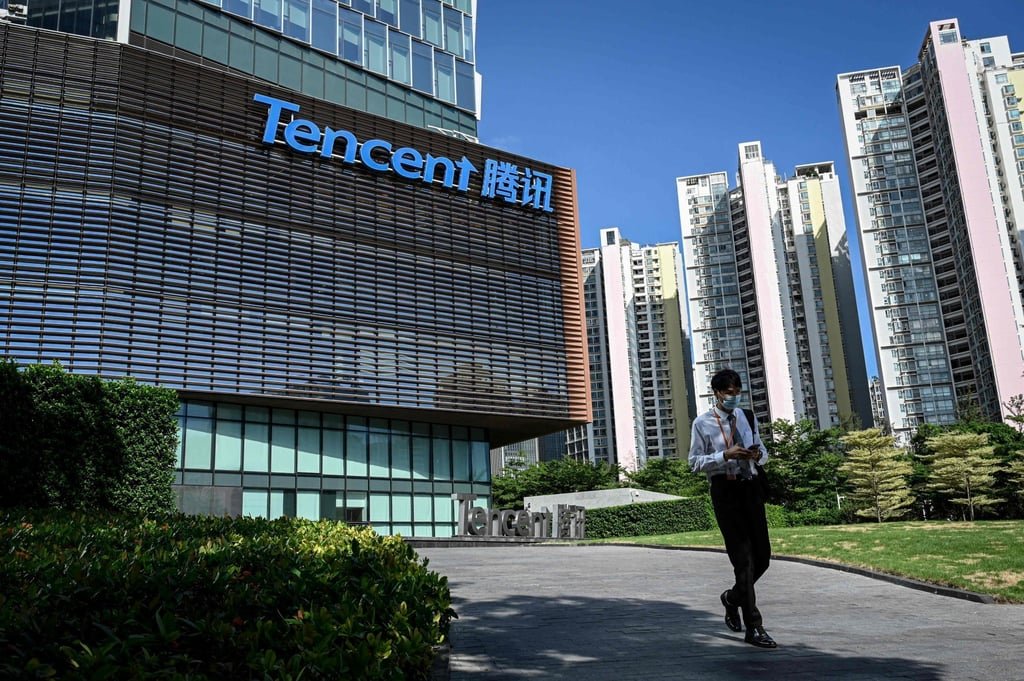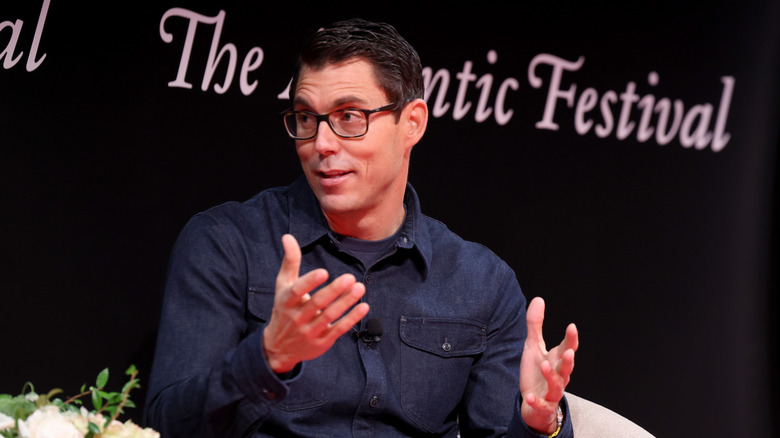
There was a time when the U.S. was the world leader for technological innovation, but thanks to Republican policies, those days are over. Now, China is the world’s new technology leader, and nowhere is that clearer than in electric vehicles. China’s BYD is out there demonstrating megawatt charging that can refuel an EV in five minutes, while Republicans are trying to kill the EV industry and increase emissions. China’s EVs are also more affordable than U.S. EVs, but according to Rivian CEO RJ Scaringe, legacy automakers mainly need to be worried that Chinese EVs are just better overall vehicles, InsideEVs reports.
Speaking on the Plugged-In Podcast about the threat Chinese EVs pose to the U.S. auto industry, Scaringe said lower prices are certainly a factor, but he worries they’re going to get lapped on technology if they focus too much on lowering prices:
“I think everyone should be planning for that and designing [their] technology stack around that,” he said. But the fixation on cost is all wrong, he argues.
“What’s alarming, if you’re looking at the whole industry, is that the technology is much better,” he said, referring to China’s EV industry. “If I was an existing manufacturer, I’d get less hung up on the cost and more focused on ‘the cars are actually better.'”
That’s the key phrase here: “the cars are actually better.” Whether China’s automakers got ahead thanks to government investments or labor costs or leveraging Western IP doesn’t matter now—it’s a question of product vs. product.
That may be hard for cheapskates whose understanding of Chinese manufacturing is limited to only buying the cheapest products imaginable on Amazon and Temu, but Scaringe also isn’t wrong here. China is now the world’s leader in EVs across the board.
Costs will even out eventually
One reason Scaringe isn’t worried about China’s EV prices is that he doesn’t see a future where the U.S. would allow a company such as BYD to sell a car for, say, half of what a comparable U.S.-made EV costs. “One of two things will happen: Either we’ll put tariffs in place that make the cost equal, or we’ll allow Chinese manufacturers to build in the United States,” he said. “But in both cases, the cost will be essentially equal,” he told Tim Levin and former Jalopnik EIC Patrick George.
The way Scaringe sees it, China can really only keep its EV costs low in China, where the government can give companies incentives to build factories, keep borrowing costs low and ensure cheap labor. But once those Chinese EV companies start building their cars in other countries, their price advantage will quickly evaporate. And if tariffs ever did disappear, U.S. companies would be able to take advantage of how much cheaper it is to build their own cars in China. As he put it, “There’s no magic sauce happening in China that’s allowing the cars to be built easier. You have a whole series of things that just lead to an overall lower cost base.”
From Scaringe’s perspective, improving technology is the only way these legacy OEMs will be able to compete, saying, “Who knows? In the fullness of time, I do think Chinese manufacturers may start building here. And then they’ll win not on cost, because the cost will be the same, or very nearly the same. They’ll win on tech.”
Of course, he isn’t the only automotive CEO worried about how good Chinese EVs have gotten. Ford CEO Jim Farley recently said he was blown away by the Xiaomi SU7 he drove and cited China’s manufacturing innovation as a motivating factor behind the automaker’s new EV production system that will soon give us a $30,000 electric truck.

